Cells
-
 Life
LifeA new spin on lab-grown meat
A technique inspired by how cotton candy is spun could help produce lab-grown meat at a lower cost and on a bigger scale.
-
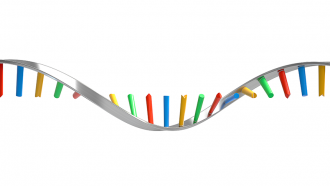 Life
LifeScientists Say: RNA
This is a molecule that helps cells make proteins from the instructions encoded in DNA.
-
 Life
LifeMedicine Nobel honors discovery of how cells deal with oxygen
Three researchers figured out the chemical processes by which cells not only sense, but also cope with, differing levels of oxygen. This could lead to new medicines.
By Tina Hesman Saey and Aimee Cunningham -
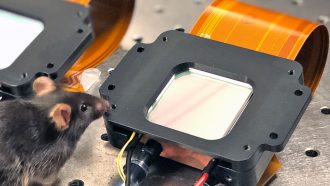 Brain
BrainLasers make mice hallucinate
Scientists used a technique called optogenetics to make mice “see” vertical or horizontal lines that didn’t actually exist.
-
 Health & Medicine
Health & MedicineMeasles can harm a child’s defense against other serious infections
Getting the measles can leave the body vulnerable to other infections months or even years later, scientists are finding.
-
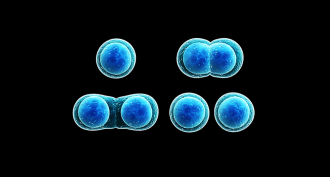 Life
LifeScientists Say: Mitosis
Mitosis is a type of cell division where one cell divides into two identical copies, called daughter cells.
-
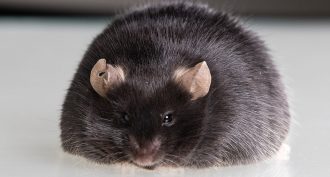 Brain
BrainHigh fat diet removes brain’s natural brake on overeating
At least in mice, high-fat diets promote overeating. And the problem appears to trace to changes that these foods make to cells in an appetite-control center within the brain.
-
 Microbes
MicrobesTeens swipe a door handle and find an antibiotic
Three teens swabbed a smartphone, a door handle and a hand dryer. The new bacterium they turned up can kill other types of germs.
-
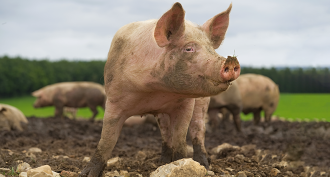 Life
LifeIn a first, scientists keep cells alive in the brains of dead pigs
They’re not true zombies — but these pig brains showed signs of cellular life long after the animals had died.
-
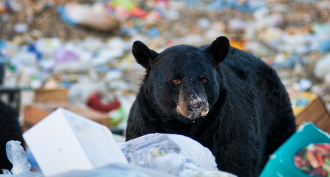 Animals
AnimalsBears that eat human ‘junk food’ may hibernate less
Wild black bears snacking on leftovers of sugary, highly processed foods show possible signs of faster cellular wear.
By Susan Milius -
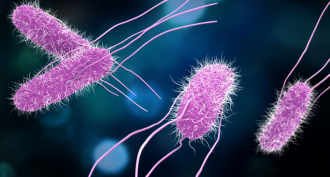 Life
LifeExplainer: Prokaryotes and Eukaryotes
Prokaryotes tend to be small and simple, while eukaryotes have embraced a highly organized lifestyle. These divergent approaches to life have both proved very successful.
-
 Health & Medicine
Health & MedicineWhat’s behind frequent strep throat? Consult the tonsils
A faulty immune response might explain why some kids get strep throat often, new data show. Another problem: The diagnosis may a case of mistaken identity.